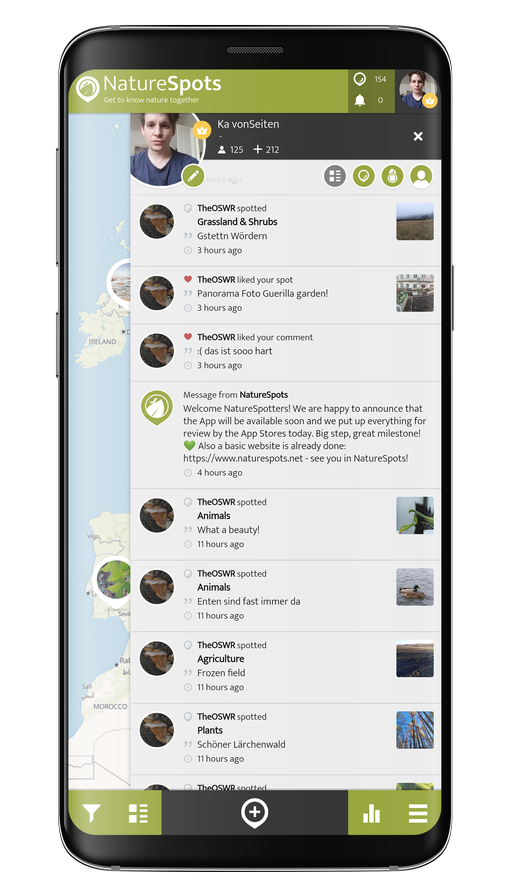A zoo (short for zoological garden; also called an animal park or menagerie) is a facility in which animals are housed within enclosures, cared for, displayed to the public, and in some cases bred.
The term "zoological garden" refers to zoology, the study of animals. The term is derived from the Greek ζώον, 'zoon', "animal," and the suffix -λογία, '-logia', "study of". The abbreviation "zoo" was first used of the London Zoological Gardens, which was opened for scientific study in 1828 and to the public in 1847. In the United States alone, zoos are visited by over 181 million people annually.
Zoo animals live in enclosures that often attempt to replicate their natural habitats or behavioral patterns, for the benefit of both the animals and visitors. Nocturnal animals are often housed in buildings with a reversed light-dark cycle, i.e. only dim white or red lights are on during the day so the animals are active during visitor hours, and brighter lights on at night when the animals sleep. Special climate conditions may be created for animals living in extreme environments, such as penguins. Special enclosures for birds, mammals, insects, reptiles, fish, and other aquatic life forms have also been developed. Some zoos have walk-through exhibits where visitors enter enclosures of non-aggressive species, such as lemurs, marmosets, birds, lizards, and turtles. Visitors are asked to keep to paths and avoid showing or eating foods that the animals might snatch.
Source: Wikipedia contributors. "Zoo." Wikipedia, The Free Encyclopedia. Wikipedia, The Free Encyclopedia, 12 Jun. 2021. Web. 28 Jun. 2021.

